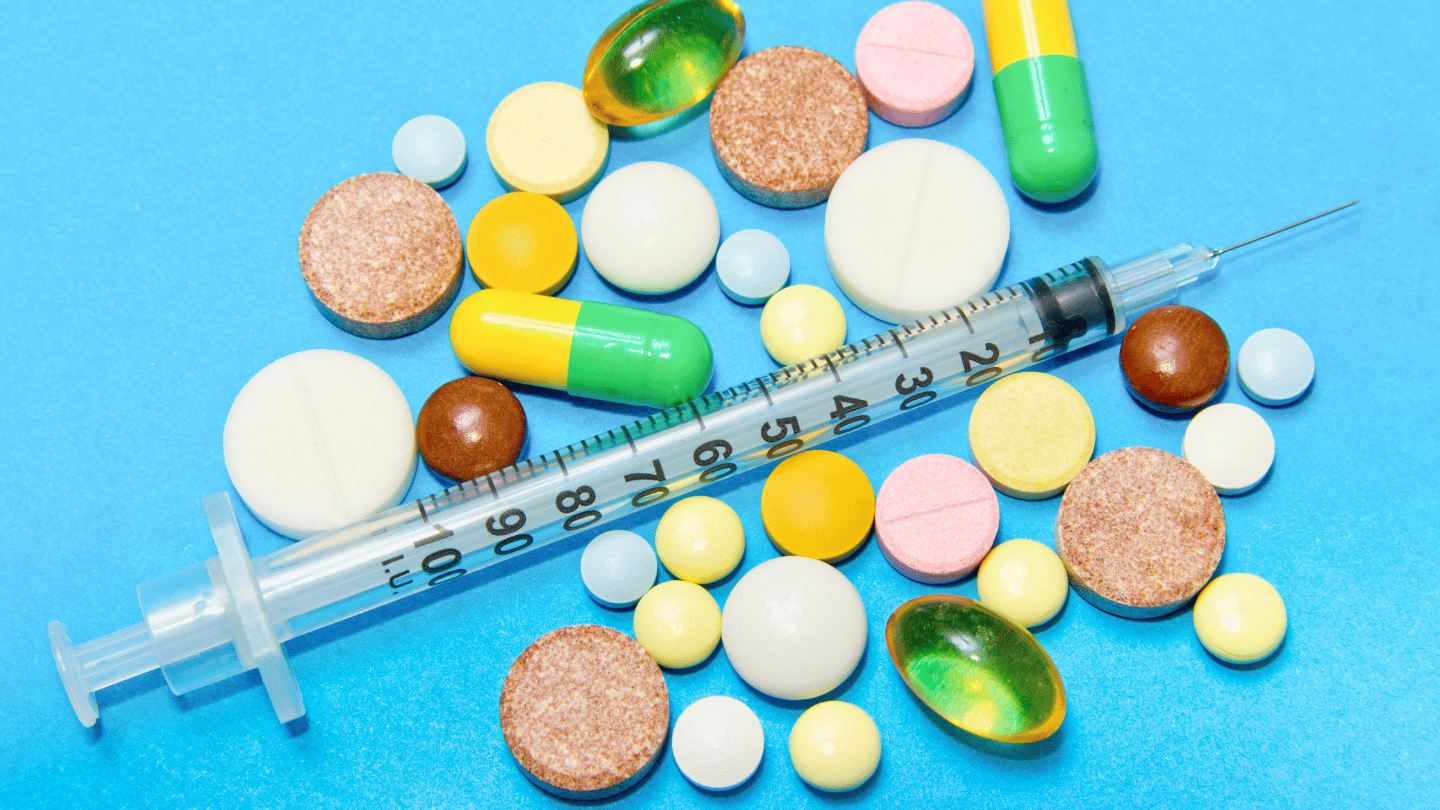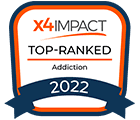Almost all men develop benign prostatic hypertrophy (BPH), or enlarged prostate, with age. About half of men between ages 50 and 80 have the condition, and approximately 90% of men over 80 have it. The cause is not known, although it is thought to have to do with testosterone—a male hormone. Prostate enlargement can interfere with urination, which can lead to bladder and kidney infections. Medications to shrink the prostate are the most common method of treatment.
Alpha Blockers
Alpha blockers treat BPH by relaxing muscles throughout the body for better urinary flow. These medications are also used for high blood pressure and can, therefore, cause lightheadedness in some, which is why they are usually taken at night:
- Flomax (tamsulosin): Capsules are taken once daily in a dose of 0.4 mg.
- Uroxatral (alfuzosin): Taken orally, 10 mg once daily.
- Cardura (doxazosin): Taken in tablet form, 10 mg once a day.
- Minipress (prazosin): Not recommended for treating BPH by the American Urological Association, but some research suggests that it can be taken in capsule form, usually in a dose of 2 mg per day.
- Rapaflo (silodosin): Take a dose of 8 mg per day with a meal.
- Hytrin (terazosin): Taken orally, 0.5 mg at night.
5-Alpha Reductase Inhibitors (5-ARIs)
These medications help to shrink the prostate and keep it from further enlargement:
- Proscar (finasteride): Taken by mouth, 5 mg per day.
- Avodart (dutasteride): 0.5 mg soft gelatin capsule taken orally once daily with or without food.
Phosphodiesterase (PDES) 5 Inhibitors
These drugs relax the smooth muscle of the bladder and prostate:
- Viagra (sildenafil): Taken in pill form, 25 or 50 mg per day.
- Cialis (tadalafil): Taken once a day in a dose of 5 mg.
- Levitra (vardenafil): Taken orally at a dose of 10 mg per day.
In cases of BPH that are resistant to medical therapy, surgical intervention can be considered.
Conclusion
Medications for BPH are effective in managing symptoms and improving quality of life. If you or a loved one are experiencing symptoms of BPH, consider discussing these treatment options with your healthcare provider.
Treating BPH With QuickMD
Did you know? QuickMD can prescribe you BPH medications online—no insurance is needed. Start treating enlarged prostate symptoms today.














